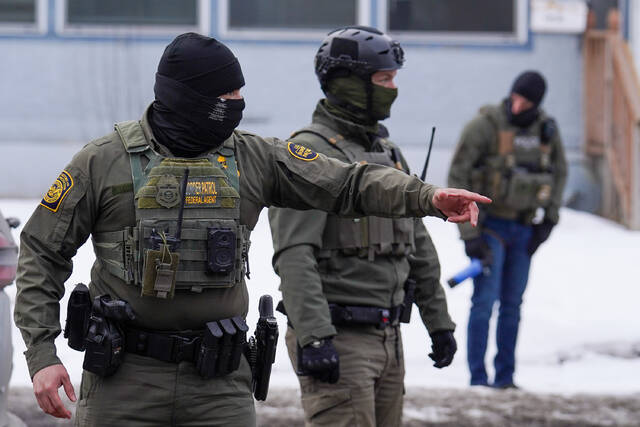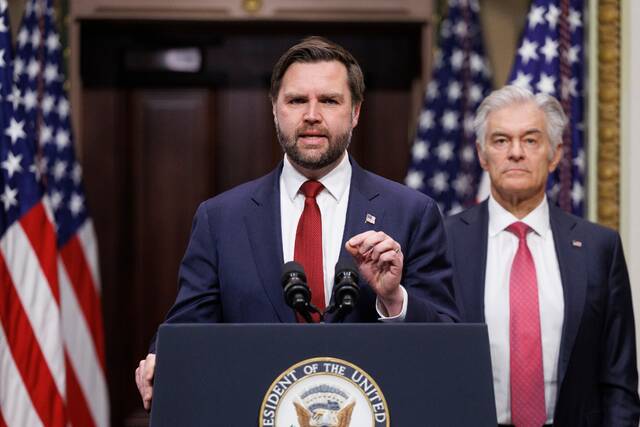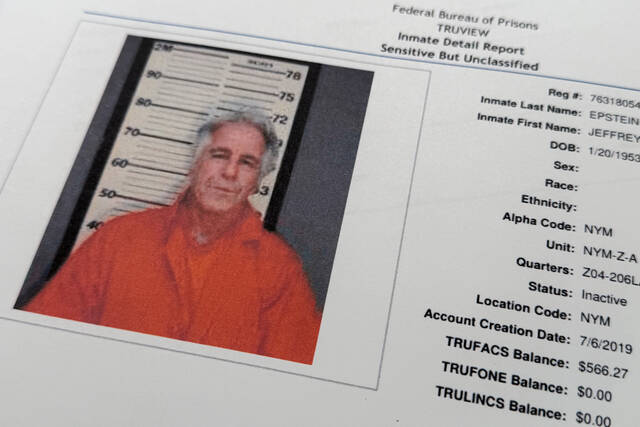If Larry E. Davis had been able to give the lecture he gave Tuesday evening back when it was originally scheduled last spring, it might not have had the same effect.
His lecture “Will Race Always Matter?” was sponsored by the Dick Thornburgh Forum for Law and Public Policy at University of Pittsburgh and Pitt’s Honors College. Davis is dean emeritus of Pitt’s School of Social Work and founding director of the Center for Race and Social Problems. While the event had to be streamed via Zoom, his sense of urgency was no less palpable, ratcheted up a few notches by recent social upheaval and demonstrations across America.
Davis framed the discussion by flatly stating that the country is facing probably the greatest racial crisis since the Civil War.
“Race and the topic of it and issues surrounding it threaten to dissolve the country,” he said.
Davis wasn’t just trying to get people’s attention — he was trying to level with them.
“Race matters more today because we know more about race matters,” Davis said. “The iPhone camera and social media has made it all but impossible for racism to go unnoticed and unrecorded. Technology has served to pull back the curtain on the country’s racial problems. Millions of whites who had been largely silent, now are saying enough is enough.”
Davis pointed to the demographic changes taking place in America and the fact that the U.S. is becoming less white. More important, he said, is the fact that non-whites today are far more visible than they were only a few decades ago in movies, politics, sports and entertainment. Davis said this coincides with the rise to power of President Trump, who happened to be giving a campaign rally at Pittsburgh International Airport at the same time that Davis was speaking.
“It is noteworthy that some recent political science research has revealed that many of the white working class who voted for President Trump did so not for economic reasons but rather because they reported feeling themselves becoming outsiders in their own country,” said Davis.
Economic realities and disenfranchisement have also contributed to racial tension, according to Davis.
“The bottom line is, on the whole, non-college-educated workers have seen their income stagnate, if not decline, over the past three decades. They are understandably angry and depressed about it. It’s not surprising that they are looking to confront those who quote ‘have taken their jobs,’ ” said Davis. “It’s also not surprising that some have found it politically expedient to encourage whites to blame their financial woes on immigrants and people of color.”
Davis said, in fact, the unemployment rate for Blacks has been at least twice that of whites for the last 50 years.
“We know that race relations have always soured in our country’s difficult economic times.”
But Davis also pointed out that our present racial turmoil has provided the U.S. with what may be a “once-in-our-lifetime opportunity to rid America of racism.”
“I firmly believe that most Americans are not racists. But many must ask themselves a question: If they are not racists, why do they support some who are?”
The greatest advances in social justice often occur in times of crisis, said Davis.
“Like the rest of the country, we can benefit from what each of us has experienced and learned, the consequence of the truth that the Black Lives Matter movement has made apparent to us,” he said.
Davis concluded by asking his audience to engage in what the late U.S. Rep. John Lewis referred to as “good trouble.”
“Challenge existing racial status quos where and when you find them. Make our city into the best of American cities. In the words of the esteemed Mississippi civil rights activist Fannie Lou Hamer, let us say to the rest of America that Pittsburgh is ‘sick and tired of being sick and tired of racial injustice and we’re simply not going to take it anymore.’ ”








